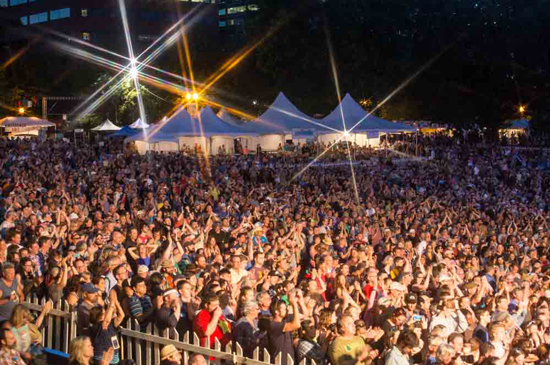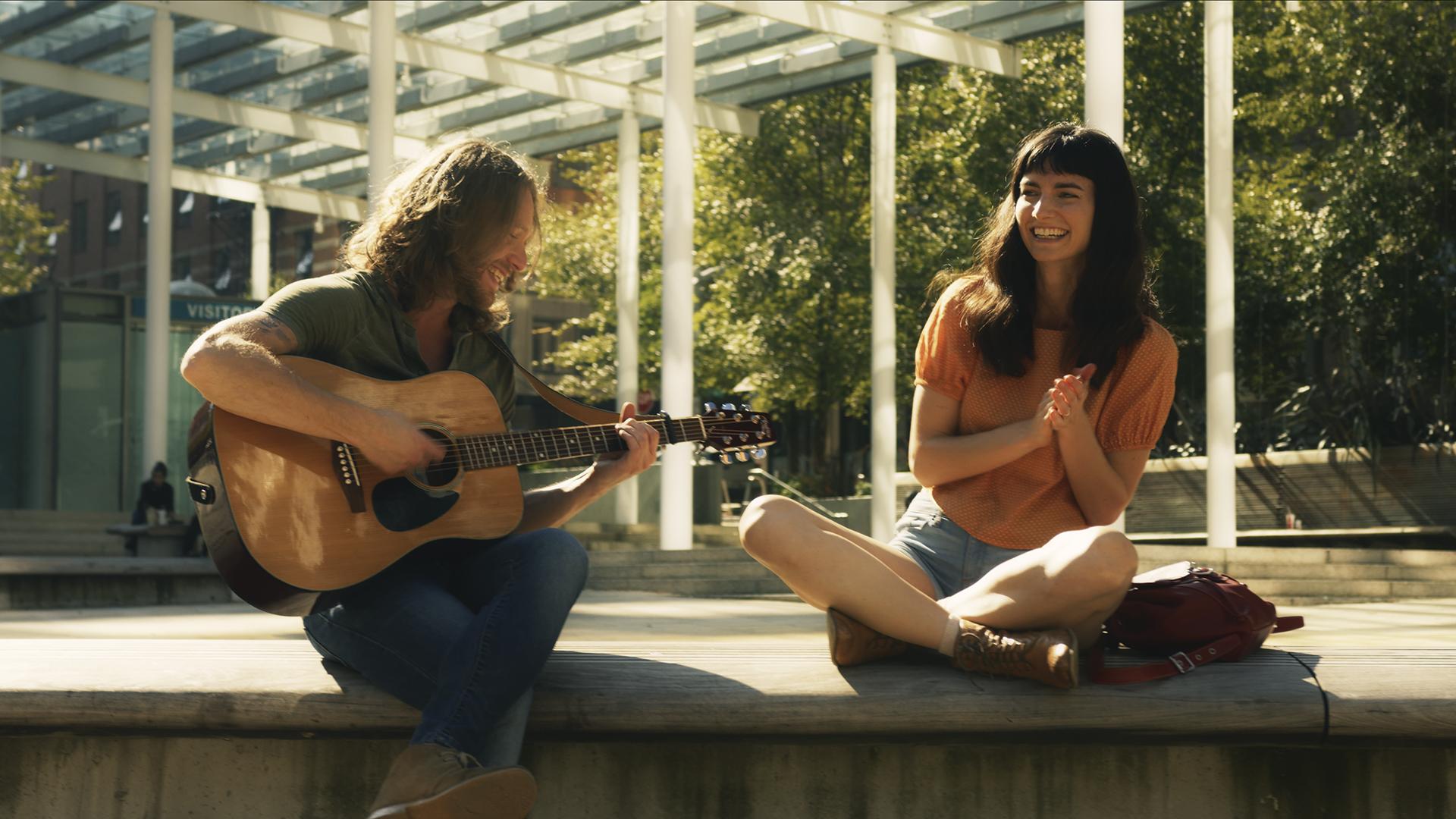Muriel Lucas wants you to watch something new.
“I’m always just looking for something different [to show],” the Portland-based cinephile and event organizer said. “Something…that speaks to people, that they may never have seen before.”
Lucas is the creator of Church of Film, an ongoing film screening event that is currently presenting at the Clinton Street Theater. Church of Film presents movies that strongly feature the uncanny and the bizarre, elements of the supernatural, the occult, counter-cultural romances and other avant-garde themes. Many of the movies shown represent voices from marginalized perspectives—voices which the industry distribution system may have overlooked.
“[I] look for cinema that has been overlooked, pushed to the side,” Lucas said. “Global cinema, political cinema, arthouse cinema…things that have been overlooked by the distribution process.”
Church of Film spotlights these underrepresented films, and creates a space to give them the exposure that Lucas believes they deserve.
In many cases, the movies that Lucas features have been cut out or even under-produced because of distributors. Due to the nature of the film production industry, many projects simply don’t get access to funding because movie distributors refuse to agree to up-front guarantees of distribution. If the films do manage to get access to capital, they often fail to make it to a wider audience because of a lack of distributor backing. Lucas’ mission is to change this.
“I think people should be able to explore cinema for themselves, [to find] what registers for them,” Lucas said.
Church of Film offers an opportunity to do this by circumventing the established collection of classic films dictated by distribution companies, and by spotlighting film creators who have been underrepresented instead.
“I really want to break down this sort of capitalistic gate-keeping,” Lucas said. “I wanted to see more things being shown.”
Through Church of Film, Lucas hopes to expand the number of available perspectives, and challenge the stale orthodoxy of established classic movies. In Lucas’ opinion, exposing audiences to a diverse pool of perspectives and dialogues is essential to understanding film as an art form.
“Marginal cinema will expose you to other voices,” Lucas said. “If other voices are allowed to speak…things can get a lot more diverse, ideologically, intellectually, emotionally.”
Lucas’ personal drive to make Church of Film a reality comes from a longstanding love of cinema art, as well as a fascination with the borderline.
“I’ve always been sort of a person who explored margins of things, and got really involved in finding different outside things,” Lucas explained. In a way, Church of Film is Lucas’ attempt to bring these marginal discoveries to a broader audience, one that may have otherwise never encountered these perspectives.
Lucas is also heavily influenced by the Spanish Surrealist poet and artist Federico García Lorca, who created a mobile theater that travelled throughout the Spanish countryside in the 1930s, showing performances to people who otherwise would not have had access to them.
The project, called “La Barraca,” was run on an entirely volunteer basis, and existed solely to provide unconstrained access to thoughtful entertainment. In the democratic spirit of García Lorca’s theater, Church of Film makes a point of being accessible to everyone, and admission is done on a donation basis that turns no one away due to lack of funds.
Besides promoting and featuring diverse perspectives, Lucas’ goal is to create a memorable movie-going experience—one that stems from a genuine love of film.
“I wanted to break it down to the bare bones of what cinema is about,” Lucas explained. “Does the image please you?”
Church of Film is ongoing, but will have upcoming screenings from Jan. 16-19.






